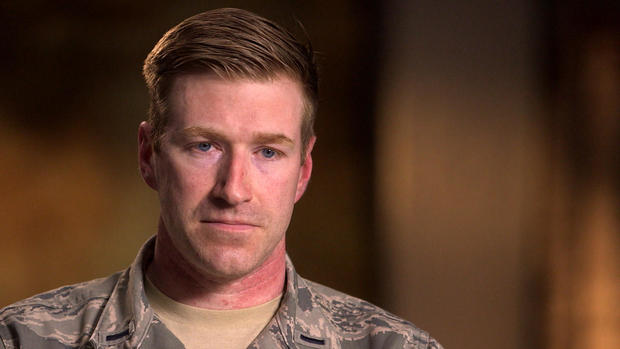New York City has been hit hard by the novel coronavirus. America’s largest city and its suburbs have more known infections than any nation outside the U.S., and in just over a month, COVID-19 has killed more than four times as many New Yorkers as did the September 11th terrorist attacks.
- New York City overwhelmed by coronavirus fatalities as plasma treatment brings hope
This week on 60 Minutes, correspondent Scott Pelley reports on the struggle of dealing with that reality.
“We want to make sure that we hit the right tone and that we’re sensitive when we’re telling our audience and showing our audience the truth of what’s happening on the ground here,” said Maria Gavrilovic, the 60 Minutes producer who led the team that reported this week’s story.
One of the front-line responders Pelley spoke with was Dr. Barbara Sampson, New York City’s Chief Medical Examiner. Sampson told Pelley she had worked in the medical examiner’s office during the September 11th attacks, but that experience was unlike the magnitude she is seeing today.
“The scale and the rapidity is something that no one could’ve imagined,” Sampson said. “Not only is there an overwhelming of the health care system, there’s an overwhelming of the funeral directors and every essential service in this city and across the country.”
To help recover the bodies of those of have died, especially those who died in their homes or nursing facilities, Sampson’s office has called in the National Guard. Shawn Lavin, a first lieutenant in the Air National Guard, is leading one of the fatality search and recovery teams. He told Pelley that, while his unit has trained since 2009 on how to collect fatalities, nothing could have primed him for what he has experienced in New York City this month.



CBS News
“There’s really no way to prepare for what we’re currently going through,” Lavin said. “You can have all the actors you want, or all the dummies laid out on a field. But when you’re actually doing it real world with grieving families, it’s a much different atmosphere.”
Gavrilovic and her team have previously reported on the coronavirus from New York hospitals, where she found every physician and nurse deeply affected by the disease’s scourge. This week, she found the same emotional toll on those who handle coronavirus victims after they have died.
Lavin recalled the first visit he made to a home to recover the body of a victim, a man who had died on his couch. Before Lavin and his colleagues took the victim away, the man’s wife leaned over to kiss him. “I feel like that will be with me forever,” Lavin said.
Gavrilovic said she has been surprised there has not been more focus on the number of people who have died from this disease. With this week’s report, she wanted to put the victims—and impact they have throughout society—in focus.
“We think that it’s really important, especially because of the sheer number of people who are dying, to talk about it,” she said. “I understand the rush to want to go back to normal. But what’s happening now is not normal.”
The video above was produced by Will Croxton and Brit McCandless Farmer. It was edited by Will Croxton.
© 2020 CBS Interactive Inc. All Rights Reserved.

